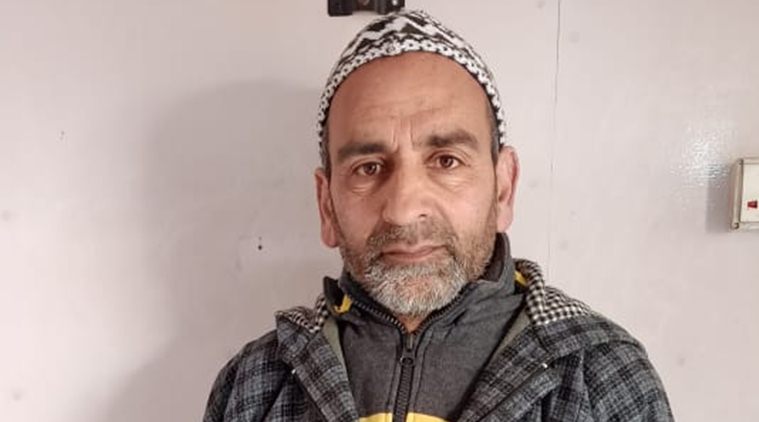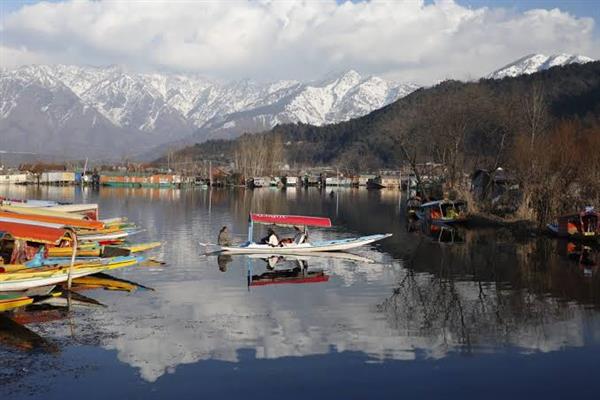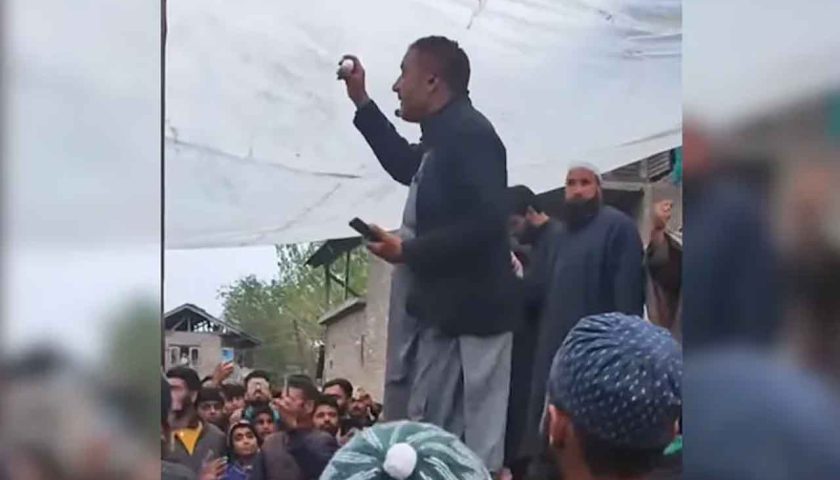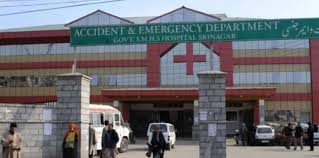Shabir Hussain Khan was taking an afternoon nap when he heard a commotion outside his house. A friend had been injured in a football match and had lost a lot of blood. Khan, who did not have any transport, rushed to the hospital by foot to donate some. It was 4 July 1980. Yesterday the man known locally as the “blood man of Kashmir” donated his 174th pint of his blood to strangers at the public hospital close to his Srinagar home.
“Blood is not something you can buy in the market,” says Khan, who has an O-negative blood group. “In those days blood donation was not common, nor were blood banks. The way blood is available readily now, it was not like that before. Also there was no connectivity at that time. We only had radios and two or three landline phones in the entire locality.”
Khan, 57, lives in central Srinagar with his ailing mother, his brother and his adopted daughter. He has remained unmarried. “Witnessing people’s sufferings and their struggle has foreshadowed my own desires. I have made this my life’s mission,” he says.
Khan says he was afraid the first time he donated blood but has never felt unwell or faced any problem and now it has become very normal.
Security in conflict-racked Kashmir can be uncertain, and hospitals often need blood donors. Khan gives blood four to five times a year. His contribution is not only the highest in Kashmir, he’s been told, but in all of India.
To encourage other people to donate blood, Khan now runs awareness campaigns and organises medical camps throughout the year. He has volunteered with the Indian Red Cross Society for 40 years, heading a team of 40 people across Kashmir who go to earthquake- and flood-affected areas whenever they are required.
In the early 1990s, as the separatist insurgency escalated in Indian-administered Kashmir, civilians were often injured in the crossfire between rebels and Indian security forces and Khan has himself been severely beaten.
Before the pandemic, the Lancet reported that India had an unmet need of 40.9m units of blood a year. Coronavirus has worsened the situation, says Khan. “Amid the pandemic, donating blood has become a challenge. Earlier, 50 people would turn up at the blood donation camp. Now due to the fears not even eight people would come forward. Also, it’s tough to organise a medical camp now. You need donors to get coronavirus-tested first and be cautious to follow standard operating procedures.”
For his work, Khan was invited by the Nobel peace laureate Mother Teresa to Kolkata in 1988 and spent two weeks with her in the slums. But Khan’s own life is one of hardship.
“For my livelihood, I work as a manual labourer,” says Khan. “It might sound appalling to you but this is the truth. I was a papier-mache artist but no one buys papier-mache products now, so I had to look for something else to make a living.”
With the cost of his mother’s medical expenses, it is difficult for him to manage on his wages as a day labourer and he admitts he sometimes feels “crushed” by poverty. “Particularly when you have given so much to the society and when you are in need, no one [offers] help. It is not a joke to give your blood. It requires a lot of motivation, persistence and dedication.
“In developed countries like the United Kingdom, the donors receive a gold medal when they donate 100 pints. In Kashmir, there is no such concept. Appreciating the veteran donors would have encouraged more people to donate blood,” he says.
Kifayat Rizvi, of the Indian Red Cross Society in Kashmir, said: “Khan is a man of high calibre and his contribution is unparalleled. But what we can do is recommend him for a state award. That’s the most that can happen from our side and we are going to do that.”
Khan says he has been hearing promises of an award from the government since 2003 but is still waiting. As a devout Muslim, though, he believes his reward will come in the afterlife.
“Every good deed I have done was for Allah and it is he who will reward me for this in the hereafter.”






